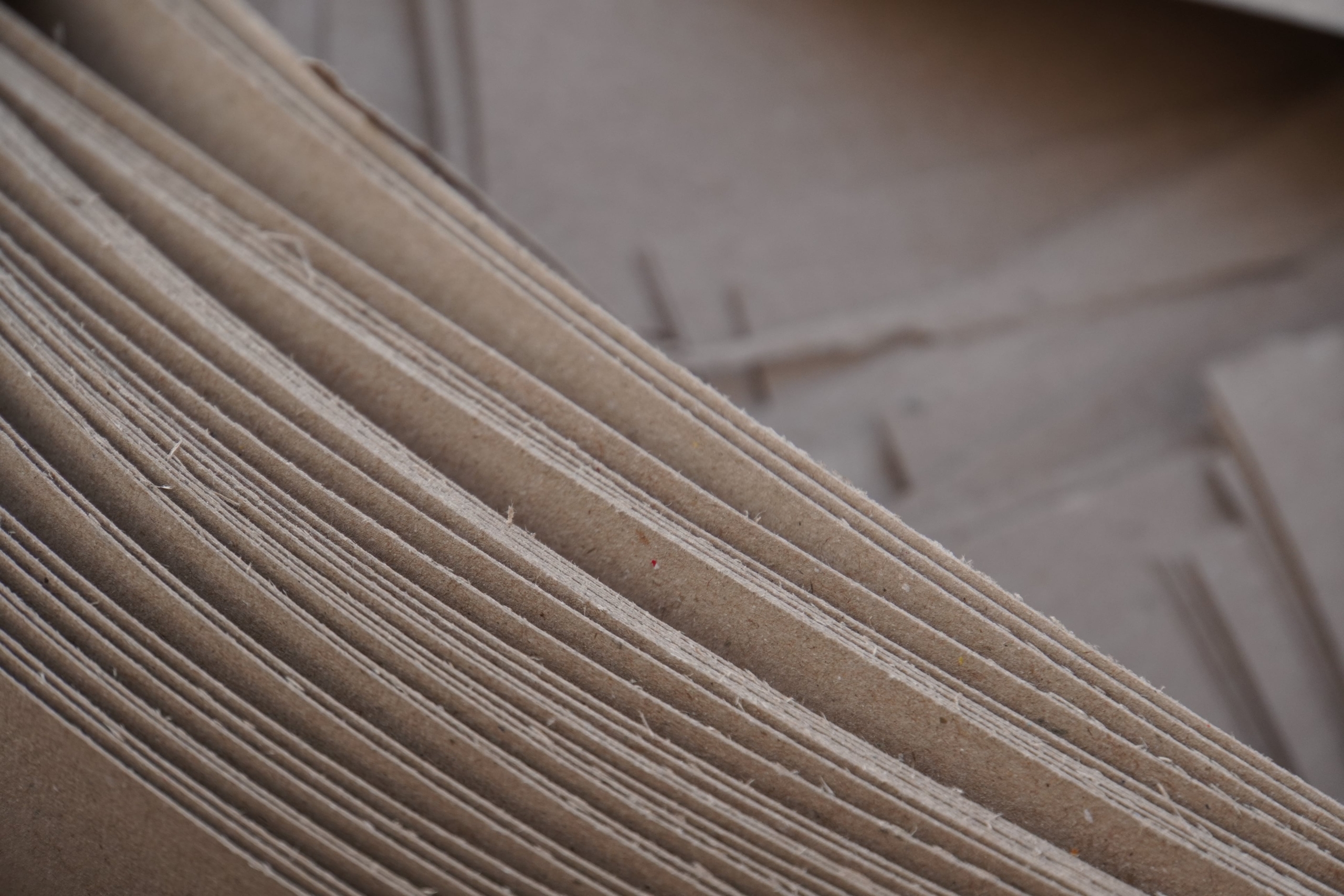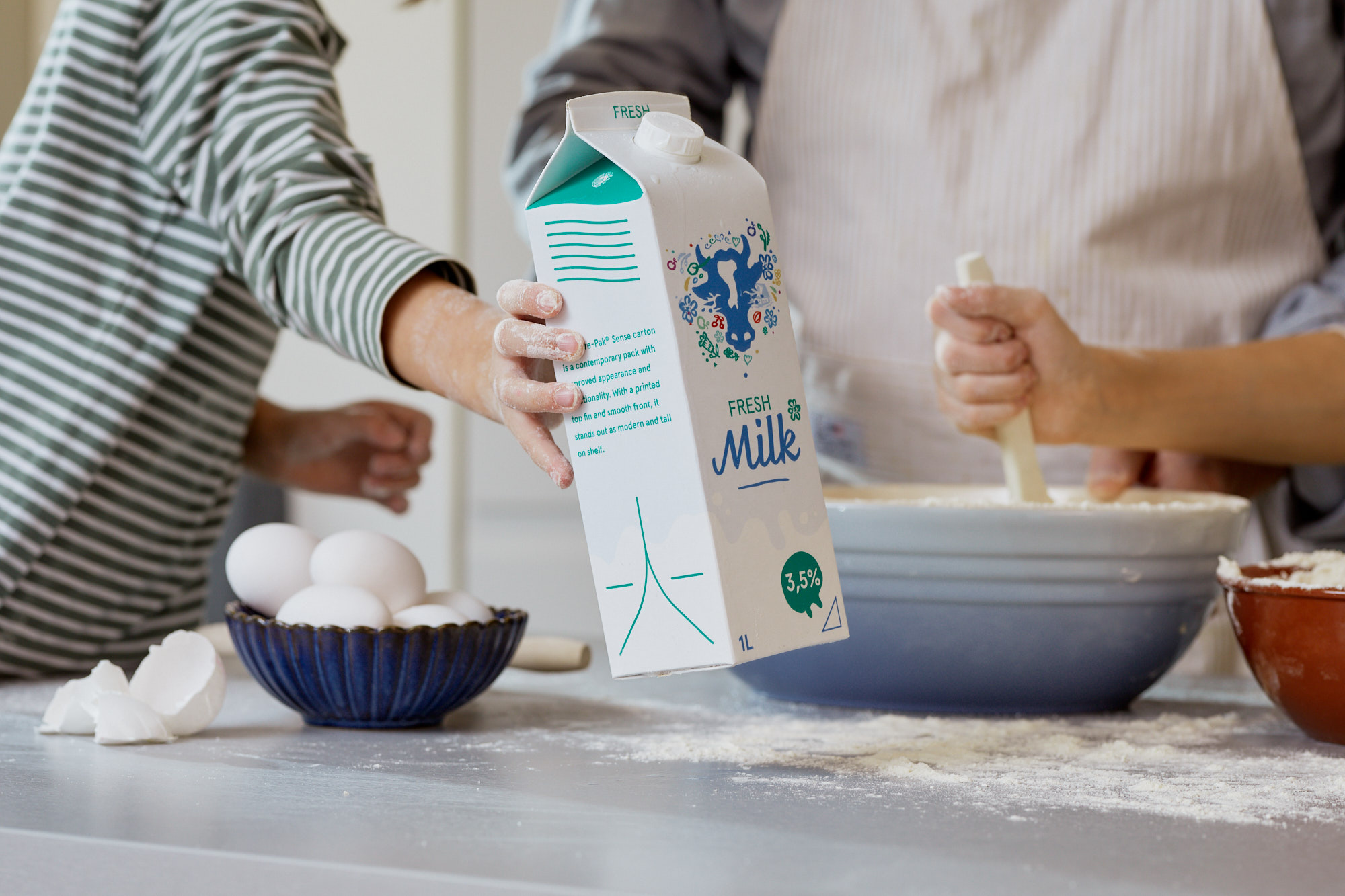Bio-circularity

Renewable materials sourced in a responsible manner are crucial to maintaining the scarce resources of our planet. On average, 85% of our cartons are made of naturally renewable paperboard sourced from northern hemisphere forests. The remaining fraction, mainly consisting of polymers, is also available as renewable, through our bio-circular offering. Renewable raw materials are naturally replenished and have significantly lower greenhouse gas emissions compared to other non-renewables. They also help ensure resource availability for future generations and reduce the burden of extracting fossil and finite materials. Using renewable materials and making use of waste/residue products from other processes, contributes to a bio-circular economy.
Approach
Our bio-circularity approach is anchored in our sustainability program (read more here). Clear KPIs with bonus incentives at the top executive level are implemented to increase the sales of low-impact cartons in Europe. These are cartons where the polymer barriers are based on bio-circular feedstocks rather than the traditional fossil sources.
Elopak launched the first fully renewable carton in 2014, after which we have further developed our offering into bio-circular polymers. These are based on biological waste of vegetable origin and are therefore considered as very low risk of indirect land use change (iLUC) impact. There is also no controversy on potential competition with food supply. One of the specific offerings we have on bio-circular polymers is Crude Tall Oil, a residue from the paper industry, originating from the forests. Within our wider bio-circular offering we guarantee no use of first generation, crop-based feedstocks or any feedstocks of animal origin. We also ensure responsible practices behind all bio-circular raw materials through certification.
During 2022 we further developed our offering to reach a broader customer base. Allowing for a phased approach and lower amount of bio-circular PE in cartons, these are affordable and available for a wider range of customers who want to contribute to reduce use of fossil raw materials and reduce greenhouse gas emissions.
The importance of renewability and a circular economy is confirmed by key stakeholders such as NGOs, key customers, suppliers and regulators. The bio-circular products are currently relevant and available on the European market.
Performance
Targets
100% renewable or recycld content materials in all beverage cartons on the European market, and available in other markets, by 2030
50% of all fresh milk cartons in Europe fully renewable by 2025.

KPIs | KPI reference | Status 2022 |
a) % Renewable or recycled content materials in cartons sold, European market b) % of fresh milk cartons in Europe fully renewable | Self-defined Self-defined | a) 84% b) 30% |
In 2022, sales of cartons with bio-circular PE further increased, as customers continue to see the importance of reducing Greenhouse Gas emissions.
NEPP project
The main scope of the NEPP project is to develop and demonstrate a next generation milk carton and the process steps needed to produce it. The new milk carton will be substantially improved as regards the impact on the environment and recyclability.
Read more
Moving forward
The beverage carton industry has an ambitious goal of 100% renewable or recycled content materials in all cartons on the European market by 2030. Elopak is engaged in research exploring raw materials for innovative and more sustainable packaging in the future. Environmental impact is assessed in early stages of any product development at Elopak.
As a responsible packaging producer, food safety considerations remain the top priority for Elopak and recycled content can only be considered if guaranteed food safe. We are working closely with our main polymer suppliers to introduce certified recycled polymers through feedstock recycling. Elopak welcomes industrial scale production of such polymers in order to offer circular solutions to our customers.
Elopak is engaged in research exploring raw materials for innovative and more sustainable packaging in the future. Environmental impact is assessed in early stages of any product development at Elopak.
